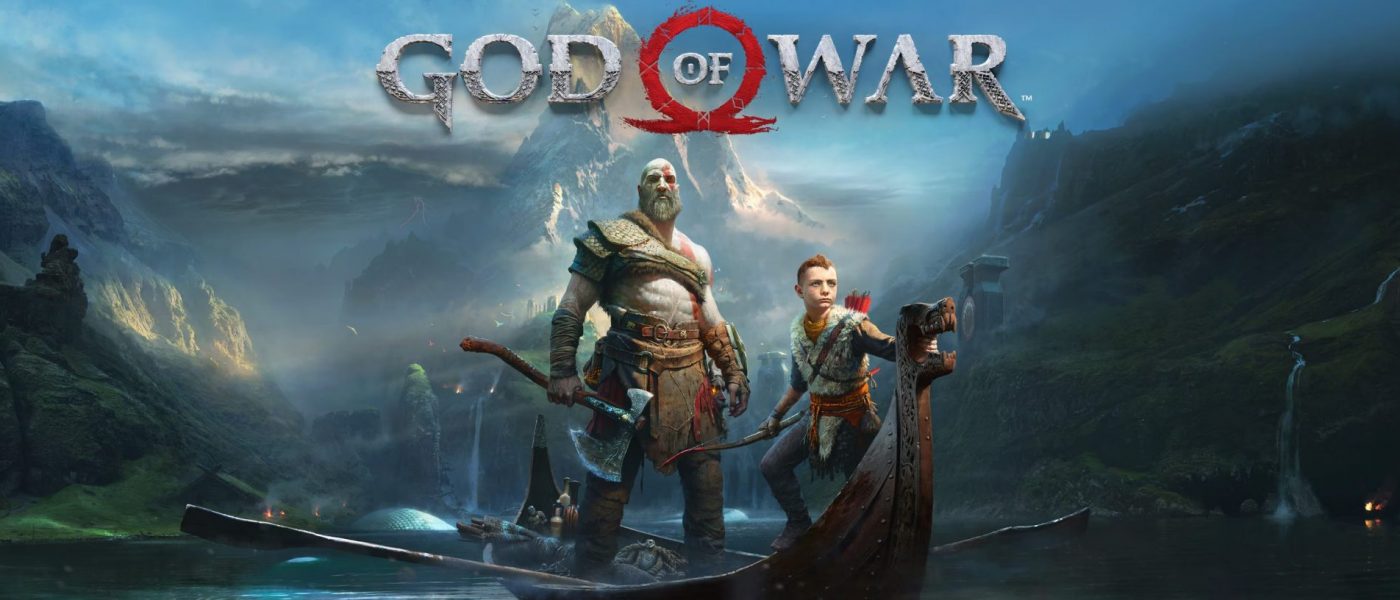God of War Lore Part 1
The God of War series harmoniously weaves together mythology, epic combat, and deeply emotional storytelling about the life of Kratos, a warrior-turned-god driven by rage, guilt, and an insatiable need for redemption. Here’s a look deeper into its rich lore and evolution:
Origins in Greek Mythology
The story begins in Ancient Greece, where Kratos, a Spartan warrior of unparalleled skill in combat, sells his soul to Ares, the god of war, in return for victory. Ares arms him with the Blades of Chaos, brutal weapons shackled to his arms. Of course, there is a terrible price that comes with this bargain: induced by Ares into a berserk fury, Kratos kills his wife and daughter. Wracked with grief and fury, he vows vengeance against the gods.
This desire for revenge is the backbone of the original trilogy. Kratos kills Ares and takes his place as the new God of War, but further on, his rebellion against the gods—primarily Zeus—leads to catastrophic events. The saga culminates in Kratos dismantling the Greek pantheon, topping it off with the destruction of Olympus and unleashing chaos upon the world.
Transition to Norse Mythology
Years after the events in Greece, Kratos heads to a new life in the realms of Norse mythology. This change sets the setting of God of War (2018) and God of War: Ragnarök (2022). Here, he lives in quiet isolation up in Midgard with his son Atreus following the death of his second wife, Faye.
At the heart of this affair is a rather unique father-son relationship that ensnares the pair, Kratos and his son Atreus, by taking Faye’s ashes to spread at the height of the peak in the nine realms, now her last request. On their expedition, they happened to cross pathways with Baldur, Thor, and Odin—only to be embroiled in the godly tensions necessary to drive forward the plot.
Key Characters and Themes
- Kratos
Kratos transforms from an icon of unchecked rage to a symbol of restraint and wisdom. The effort to mentor Atreus and the turmoil regarding his violent past were what made the Norse arc emotionally rich. - Atreus (Loki)
Atreus, later revealed to be Loki, is a curious, empathetic, and ambitious character, and his fate is deeply intertwined with that of the giants. His dynamic with Kratos forms the heart of the story. - Faye
Though she is absent, physically speaking, Faye is an ocher presence; a giant who foresaw events for the unfolding of Ragnarök and guided Kratos and Atreus toward their intertwined destinies. - Thor and Odin
These villains personify brutal force and cunning manipulation. Thor is a host of relentless furor, whereas Odin is an accomplished manipulator who is fully intent on twisting the threads of fate to his whim.
Ragnarök
The Norse saga is centered around this apocalyptic event. It serves as both an ending and a beginning, as Kratos and Atreus hold the key toward which way the outcome will tilt.
Repetitive Themes
- Redemption and Fatherhood
This change in Kratos serves to parallel very nicely the transition of a vengeful warrior becoming a protective father in search of atonement for a poor legacy. - Free Will vs. Fate
The games are filled with musings on the nature of prophecy in determining whether there is any wiggle room or whether characters control their own futures. - Reimagined Mythology
This series reimagines the myths by fusing timeless stories with new and innovative twists that add to the lore.
The God of War series epitomizes how to balance brutal action with deep storytelling, tucking the player into a saga that is at once mythological and deeply human.
